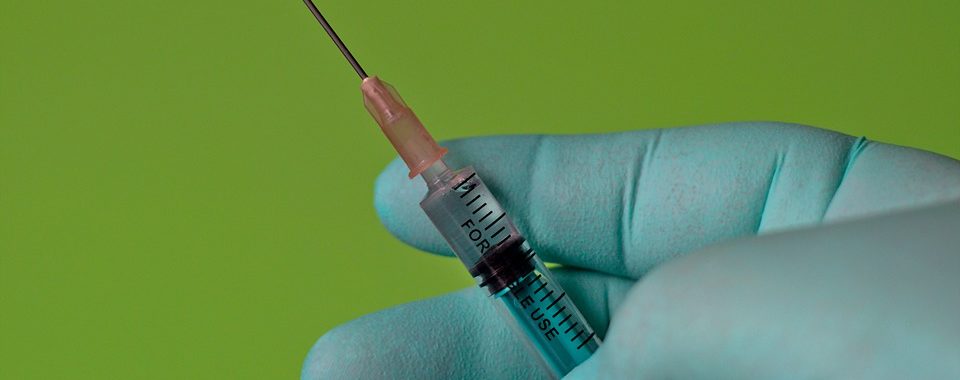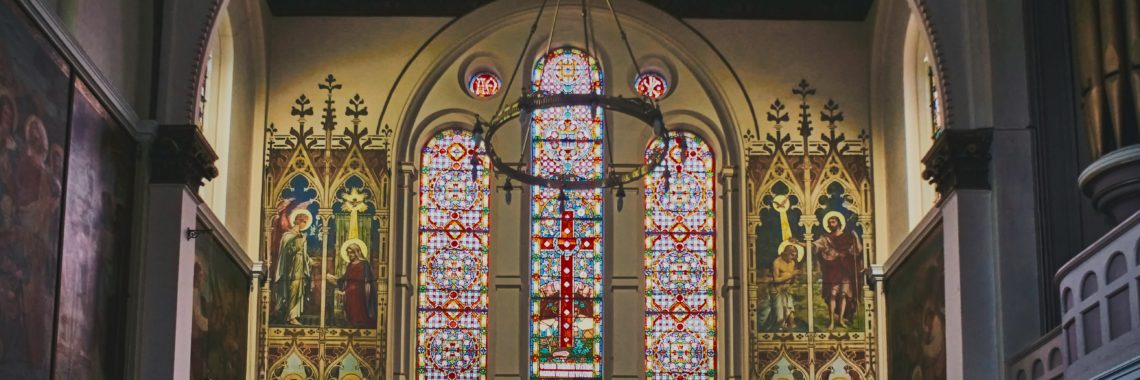“Identifying Religious Modes of Discourse in Healthcare Policy Debates” by Ira Bedzow
Black Beach in Iceland by Job Savelsberg on Unsplash. Religious discourse in multicultural environments has enormous potential to enrich our larger society, especially in matters related to healthcare. It can allow religious communities to ensure that their values are both heard and considered. The introduction of different religious views also provides context and counterpoints in…










